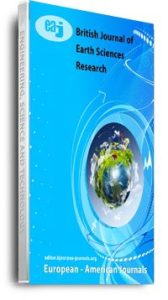Improving irrigation water management and enhancing crop and water productivity (WP) are required to address future water scarcity in Ethiopia. Increasing WP through exposing the crop to a positive level of water stress the use of deficit irrigation (DI) is taken into consideration a promising strategy. To espouse deficit irrigation strategies, a shred of complete proof regarding DI for distinctive crops is required. The objective of this critical review is to collect adequate information about the indicators on the essential of DI to crop and water productivity. Just a study on the role of deficit irrigation indicates improve crop yield and water productivity. The end result confirmed that DI appreciably improved WP in comparison to complete irrigation. Despite better WP, the decreased yield became acquired in a number of the studied DI practices in comparison to complete irrigation. It was additionally observed that yield reduction can be low in comparison to the advantages won through diverting the saved water to irrigate extra arable land. The advantages of water-saving techniques which include alternate furrow and deficit irrigation want to be explored to make sure meals safety for the ever-growing populace in the context of declining availability of irrigation water. Consequently, reviewer concluded that deficit irrigation is doubtlessly important to enhance sustainable crop and water productiveness in Ethiopian agriculture.
Citation: Abeba Hassen Selie (2022) The Essentials of Deficit Irrigation for Crop and Water Productivity in Ethiopia: A Review, British Journal of Earth Sciences Research , Vol.10, No.3, pp.26-36
Keywords: crop productivity, deficit irrigation, water productivity

